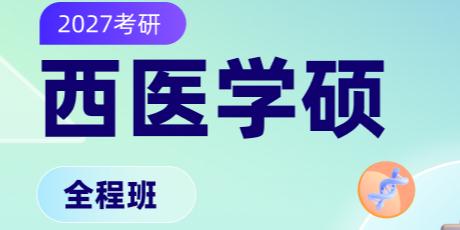1998-2022 ChinaKaoyan.com Network Studio. All Rights Reserved. 沪ICP备12018245号
2016考研英语时文泛读:安慰剂效应
本文给2016考研同学推荐的英语泛读文章是“基因与安慰剂效应”。这是一篇生物医学话题的文章,也是考研英语应该准备的重点题材。本文的观点认为:安慰剂效应也许取决于个体DNA(The effectiveness of a placebo may depend on someone’s DNA),这是一个非常有意思的新发现。来看一下具体内容:
Give someone who is sick a sugar pill that you have told him is a powerful drug, and it will often make him feel better. Even if you tell him what it really is, he may still feel better. The placebo effect, as this phenomenon is known—from the Latin for “I shall please”—is one of the strangest things in medical science. It is a boon to doctors and a bane of those running clinical trials, who must take account of it in their designs. But how it works is obscure.
给病人一粒糖片,而你告诉他这是一颗特效药,这粒糖片常常能使他感觉好许多。即使你告诉他这颗药的真相,他也许依旧感觉不错。安慰剂效应——该词来源于拉丁语“我将安慰”,被认为是医学中最奇怪的现象之一。它对医生来说是福利,而对那些临床试验工作者却是烦恼,因为在他们的试验设计中必须考虑到这一因素。至于安慰剂效应是如何起作用的,仍难以解释。
One thing that is known about the placebo effect is that it involves several brain systems, each under the control of a particular type of messenger molecule, called a neurotransmitter. These systems, like everything else in the body, are regulated by genes. This has led some researchers to ask whether different versions of the genes in question might modulate a person’s susceptibility to placebos.
关于安慰剂效应,已知的一点是它涉及到了几个大脑系统,每一个都由一种特殊的信使分子控制,称为“神经递质”。和机体其他系统一样,这些系统也是由基因控制。这让一些研究者产生了疑问:涉及到的不同基因版本是否可能调节个体对安慰剂的敏感性。
A review of these researchers’ studies, published recently in Trends in Molecular Medicine by one of them, Kathryn Hall of Harvard Medical School, and her colleagues, suggests genes do indeed seem to matter. Dr Hall looked for links between the placebo effect’s strength and certain mutations, known as single nucleotide polymorphisms (SNPs), in which a single DNA “letter” in a gene is changed.
最近,由哈佛大学医学院研究人员凯瑟琳·霍尔(Kathryn Hall)和她同事一同发表在《分子医学进展》上的一篇综述表明:基因确实很关键。霍尔博士寻找了安慰剂效应强度和某些基因突变之间的联系,这些突变被称为“单核苷酸多态性”(SNPs),其基因中单个DNA的碱基“字母”序列发生改变。
这类题材的泛读是非常有必要的,可以增加我们对相关文化背景信息的了解,从而顺利地理解文章。考研英语的复习需要持之以恒的努力,希望大家再接再厉,考研任重道远,坚持才会成功,加油!
来源未注明“中国考研网\考研信息网”的资讯、文章等均为转载,本网站转载出于传递更多信息之目的,并不意味着赞同其观点或证实其内容的真实性,如涉及版权问题,请联系本站管理员予以更改或删除。如其他媒体、网站或个人从本网站下载使用,必须保留本网站注明的"稿件来源",并自负版权等法律责任。
来源注明“中国考研网”的文章,若需转载请联系管理员获得相应许可。
联系方式:chinakaoyankefu@163.com
- 2027考研英语全程班 6班
- 权威高配师资亲授技巧,教研千锤百炼科学提分。直录播课相结合精讲互动二合一,专业团队精细化作文批改。讲练结合,随学随练稳步提升。支持试听~
- 主讲团队:王江涛、谭剑波、董仲蠡、许聪杰、陈志超、潘赟、郑艳彤、易熙人

扫码关注
了解考研最新消息













